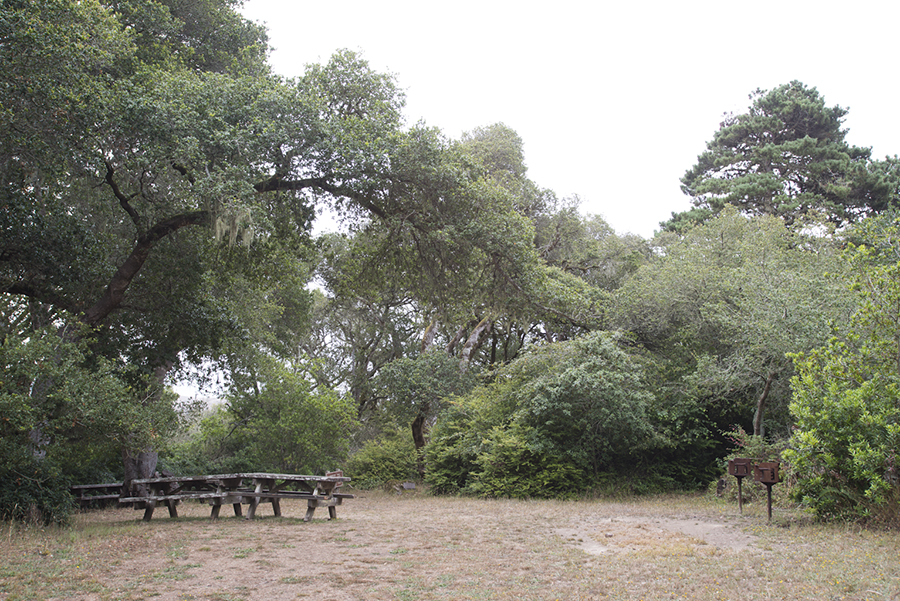About 15 people convened on Tuesday afternoon in Point Reyes Station to consider the financial future of Tomales Bay State Park, which had its . . .
Opposition to camping at Tomales Bay park


About 15 people convened on Tuesday afternoon in Point Reyes Station to consider the financial future of Tomales Bay State Park, which had its . . .